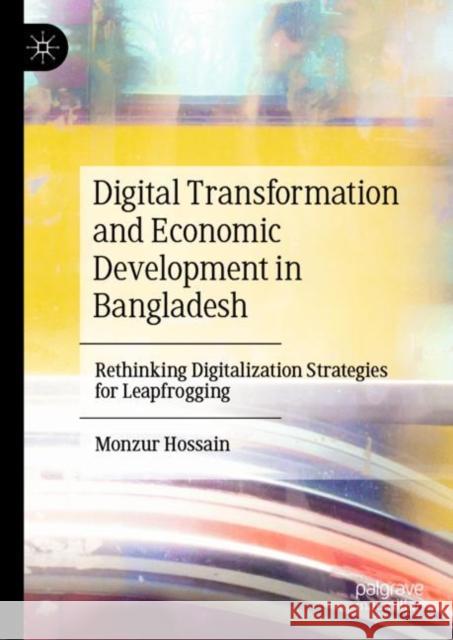Digital Transformation and Economic Development in Bangladesh: Rethinking Digitalization Strategies for Leapfrogging » książka
topmenu
Digital Transformation and Economic Development in Bangladesh: Rethinking Digitalization Strategies for Leapfrogging
ISBN-13: 9789811927522 / Angielski / Twarda / 2022 / 303 str.
Digital Transformation and Economic Development in Bangladesh: Rethinking Digitalization Strategies for Leapfrogging
ISBN-13: 9789811927522 / Angielski / Twarda / 2022 / 303 str.
cena 201,24
(netto: 191,66 VAT: 5%)
Najniższa cena z 30 dni: 192,74
(netto: 191,66 VAT: 5%)
Najniższa cena z 30 dni: 192,74
Termin realizacji zamówienia:
ok. 16-18 dni roboczych.
ok. 16-18 dni roboczych.
Darmowa dostawa!
Kategorie:
Kategorie BISAC:
Wydawca:
Springer Verlag, Singapore
Język:
Angielski
ISBN-13:
9789811927522
Rok wydania:
2022
Ilość stron:
303
Wymiary:
21.0 x 14.8
Oprawa:
Twarda
Dodatkowe informacje:
Wydanie ilustrowane











